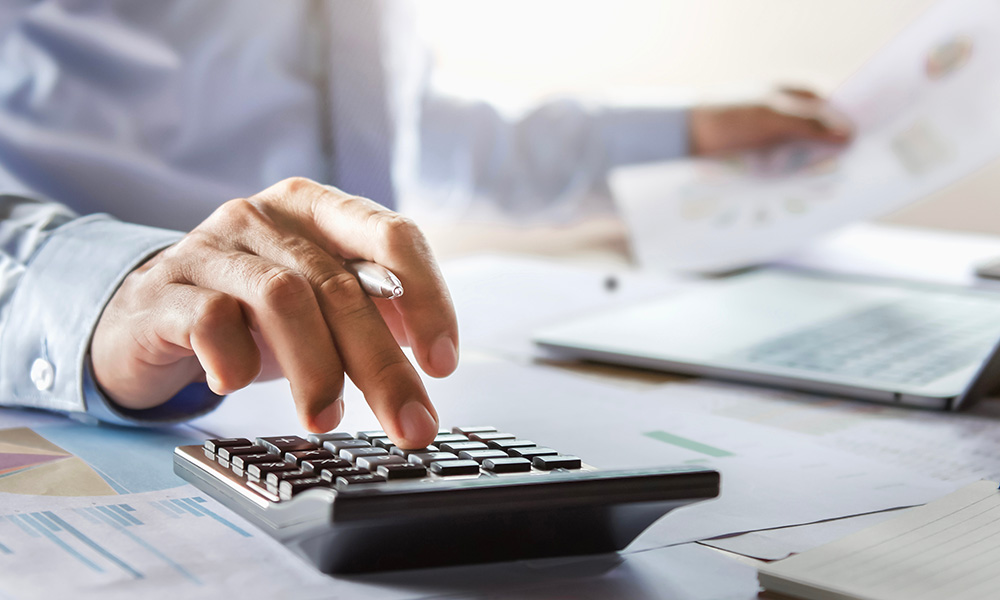How to Create an Expense Report
Back to all Small Business guides

As a small business owner, you may think that expense reports are unnecessary, particularly if you don't have any employees. In fact, whatever the size and status of your business, an expense report is of great importance and can help with wider financial tasks such as completing tax returns and creating financial projections.
What is an expense report?
An expense report tracks expenses that have been incurred in the course of carrying out essential business duties. This could be when employees have had to spend their own money to enable them to do their job or relevant spending by the business owner.
By recording expenses in an organised way, such as in an expense report, you'll have a permanent, categorised and itemised list of costs made on the organisation's behalf.
What to include in an expense report
You can store and record this information in several ways, from a simple spreadsheet - Excel offers several free templates - to dedicated apps. Whichever you choose, there is vital information that you should include. For example, the expense date and type (meals, travel, parking, mileage, etc.) should be clearly stated, along with the total amount of the expense and the account it should be charged to. It's also a good idea to note which category the cost belongs to. You can decide what these are according to what is relevant to your business, but common categories would be travel, meals, business entertaining, office supplies, software and subscriptions. Finally, include all expenses so it's clear how much needs to be reimbursed. An expense report will usually be submitted with the corresponding receipts for each purchase.
Benefits of using an expense report
At first glance, an expense report may seem a simple way to ensure reimbursement claims are settled quickly and accurately, but their usefulness goes far beyond this. Creating an expense report can benefit your regular business operations, whether that's helping you see how much you're spending on specific categories, how much employees are claiming back, or if expenses are rising or falling year on year. This information can be invaluable when preparing financial projections or seeing if you're spending wisely. For example, if travel costs are high, it may be worth seeing if virtual meetings can replace less essential journeys, or you may want to reallocate your budget to ensure these costs continue to be covered. If you have employees, a detailed expense report will help ensure only genuine expenses are reimbursed, and you'll be able to see how spending is divided by category. So, if, for example, team members are booking their travel and hotels and claiming it back regularly, it may become clear that a centralised way of doing this would be more efficient; consolidating on a single supplier may also mean better rates. Similarly, you'll also be able to assess whether different departments or projects are sticking to their budgets, and you'll be able to act in good time to find efficiencies if any overspending is identified.
Expense reports are also helpful when filling in your self-assessment, as you'll have accurate spending records and relevant proof for all claims.
The role of accounting software
Accounting software offers several tools to make tracking and paying expenses much simpler. For example, with AccountsPortal, it's possible to quickly import your electronic bank statement to process and generate new transactions and connect directly to your bank account so that your business transactions are automatically synced into the software. In addition, the bank reconciliation tool means you can control and manage your bank accounts with minimum fuss and maximum accuracy.